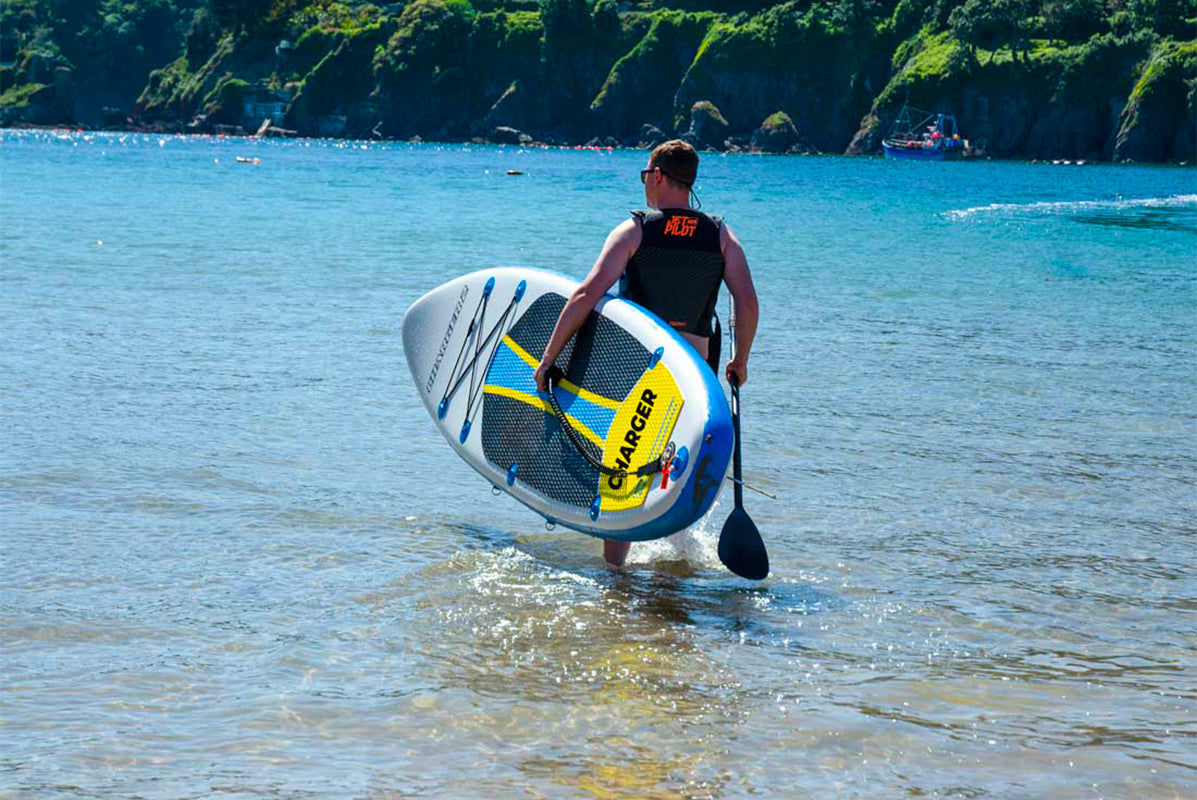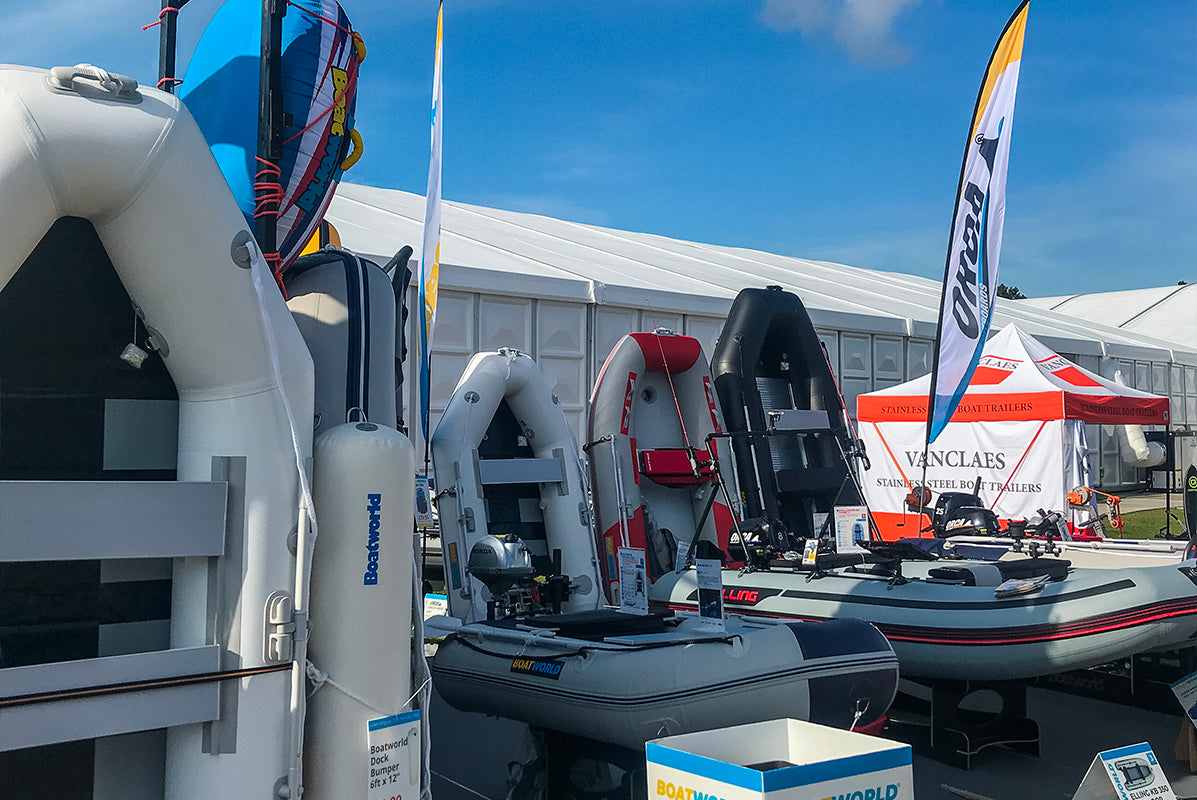Whether you’re getting started in the small inflatable boat (SIB) world or you’ve been living in it for a while now. It is always good to run through your safety preparedness and knowledge to ensure you can keep yourself, passengers and vessel safe no matter what. Throughout this blog I will run through the potential gear that could be included in your safety checklist. The regulations and practicalities of using a SIB. As well as the low down on registering and insuring your boat.
Gear Checklist
Starting off we will look at wearables; Essential for keeping you warm and afloat! Firstly, staying warm, if you’re heading out in the colder months you may want to consider investing in a wetsuit and boots.. Staying afloat. There are many different options when it comes to buoyancy aids. You can go for the ski vest style, these are a good all round option and come in plenty of sizes for the family, just check the weight rating, shop here. Or if you are wanting something less obtrusive, the self-inflating life vest is a great option. As soon as these impact the water they will auto-inflate, just remember to ensure your gas is in date whenever you are going out, shop here. Concerned about a family pet? We sell a fantastic pet life vest in a selection of sizes, shop here.
Next, it is a good idea to ensure you have the essentials for a serious emergency, such as an engine/boat failure, or unexpected weather. These include, but are not limited to: GPS and a radio. These can be very important to take with you when heading out into coastal waters, in case you need to call for help. Flares too, for when you need to be spotted or alert others. We have an inshore flare pack which contains 2 red handheld flares and 2 hand smokes, as well as the coastal flare pack which includes the same plus 2 red parachute rockets. A good flare to start with is the Ocean Safety Day & Night Signal Flare, perfect for packing in your kit bag for a day out, shop here. Some people also carry a first-aid kit which can always come in handy! To view our range of first aid kits, head to our safety equipment category.
In case of emergency boat repairs, it is useful to take with you your repair kit and a pump, in case of puncture etc. For outboard repairs, make sure you have your toolkit to hand and keeping a spare kill switch lanyard is always useful. In case of breakdown a tow bridle can be helpful to carry for others boats to tow you with. To view our full range of boat repair kits, check out our boat maintenance category.
Other gear that you can carry for peace of mind consists of things like; dry bags such as the Sola 60L Dry Holdall or Sola 50L Dry Bag Pack for keeping your important items completely dry. A collapsible paddle, great for back up in case of a broken down outboard or lost oars. As well as other accessories like floating keyring, sunglass holders and wallets for keeping your valuables safe. A torch and throw line can also be super useful. To view these products and more head to our safety equipment category.
Regulations

One benefit of small inflatable boats is that they are a lot more accessible from a regulatory standpoint. Still, before getting going on your new boat, it is important to research the relevant legal and regulatory requirements in your area.
This includes, but is not limited to, having permission to launch where you are. This information can often be found online or by contacting the local council authority or harbour master in charge of that area. Sometimes, a small launching fee or insurance may be required, but this varies from place to place. Some destinations will even require you to have certain safety equipment on board.
You should ensure you always follow the international rules of the sea, such as COLREGS, when going on open water. It is also important to take note of the CE category ‘CAT’ rating on your boat (see picture): B (Offshore), C (Inshore), and D (Inland or sheltered coastal waters). These ratings dictate what the boat is designed for. Please make sure you research this before heading out.
Registering and Insurance
Registering your boat may be required for use on certain waterways in the UK or when going on the sea. For advice on this just head here.
Boat insurance can be a really good way to protect yourself in case of your boat being damaged or stolen and some places will require this. In terms of insurers we would recommend, GJW Direct who are a great company for insuring SIB’s with, you can also enjoy £25.00 discount off with your first Boatworld engine/boat order.






Leave a comment
This site is protected by hCaptcha and the hCaptcha Privacy Policy and Terms of Service apply.